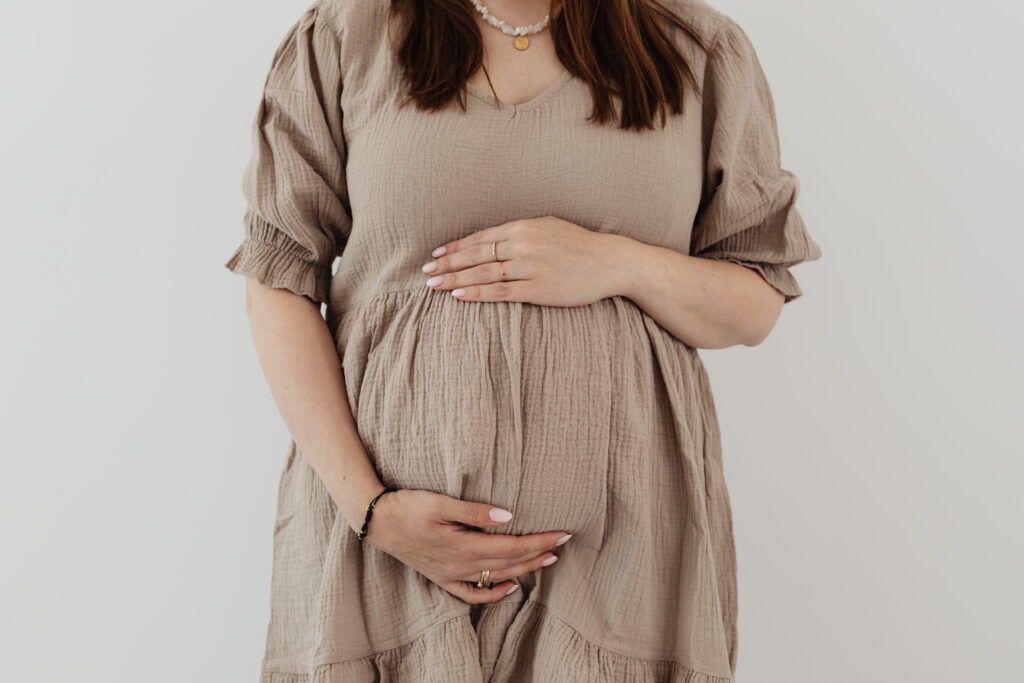This week from April 22nd to 27th is Fibroids Awareness Week. This is a topic that I’ve written about before concerning its impact on black women. However, I thought this time I touched on how this benign tumor could affect women who are pregnant. How can they deal with fibroids during pregnancy? What does fibroid pain during pregnancy feel like? If you’re pregnant or thinking about starting a family, here are a few things you must know about fibroids and pregnancy.
Can Fibroids Affect your Pregnancy
Most women don’t experience any effects from fibroids while they’re pregnant. But there’s a nice amount who did experience some sort of complications. A 2010 review from Obstetrics & Gynecology suggests that 10 to 30 percent of women with fibroids do experience complications such as pain while pregnant. It’s also been said that fibroids could also increase other complications while you’re pregnant such as fetal growth restriction, early preterm delivery, cesarean delivery, or even a miscarriage. That’s why your doctor needs to monitor you if you’re pregnant while dealing with fibroids.
What Triggers Fibroid Pain While Pregnant?
So what exactly causes this complication such as pain to occur? When you’re pregnant, your uterus will expand to make room for your baby. As it expands, it pushes against your fibroids causing pain to occur. Fibroids can twist, causing cramping and discomfort. However, at other times, these tumors could outgrow their blood supply, turn red, and die. This is known as the red degeneration process. This process could cause severe stomach pain and in some cases lead to a miscarriage.
What Happens to Fibroids During Pregnancy?
Fibroids can change during pregnancy. Approximately 60% of fibroids will grow or shrink from their original size. Ones that are larger than 5 cm are more likely to grow during pregnancy. Most fibroid growth is said to occur during the first trimester of pregnancy. This growth normally comes from blood flowing to the uterus.
How Can I Reduce Fibroids During Pregnancy?
When experiencing fibroids during your pregnancy, you could normally treat them with mild painkillers. Doctors also recommend that you get yourself some good rest and stay hydrated. Drinking plenty of water is vital whether you’re pregnant or not. However, treatment for uterine fibroids is limited due to the risk of the fetus being hurt.
It’s actually recommended to treat your fibroids before you become pregnant. This could improve your fertility, increase your chances of getting pregnant, and help deal with any complications that may occur before, during, and after pregnancy. Some of the most common procedures that involve removing fibroids are myomectomy, myolysis, and hormonal birth control pills. You must talk to your doctor to find out which one is right for you.

Dealing with Fibroids During Pregnancy
While fibroids growing in and around the uterus or womb while you’re pregnant can happen, it doesn’t happen to all women. In most studies, the majority of fibroids can remain the same size. Also, it could be hard for most doctors to detect fibroids in a pregnant woman because it’s hard for them to tell fibroids from the thickening of uterus muscles during pregnancy.
But if it’s happening to you and you’re trying to get pregnant, talk to your doctor concerning the best options for you and your spouse. Your physician may be able to help you figure out the safest choice for treatment and how you could have a safe pregnancy.
Have you been thinking about starting a family but you’re dealing with fibroids? Perhaps you may be already pregnant and have been experiencing fibroids? Feel free to share your thoughts about this issue in the comments section below. As always, be sure to like or share this with the next future mother you know.

